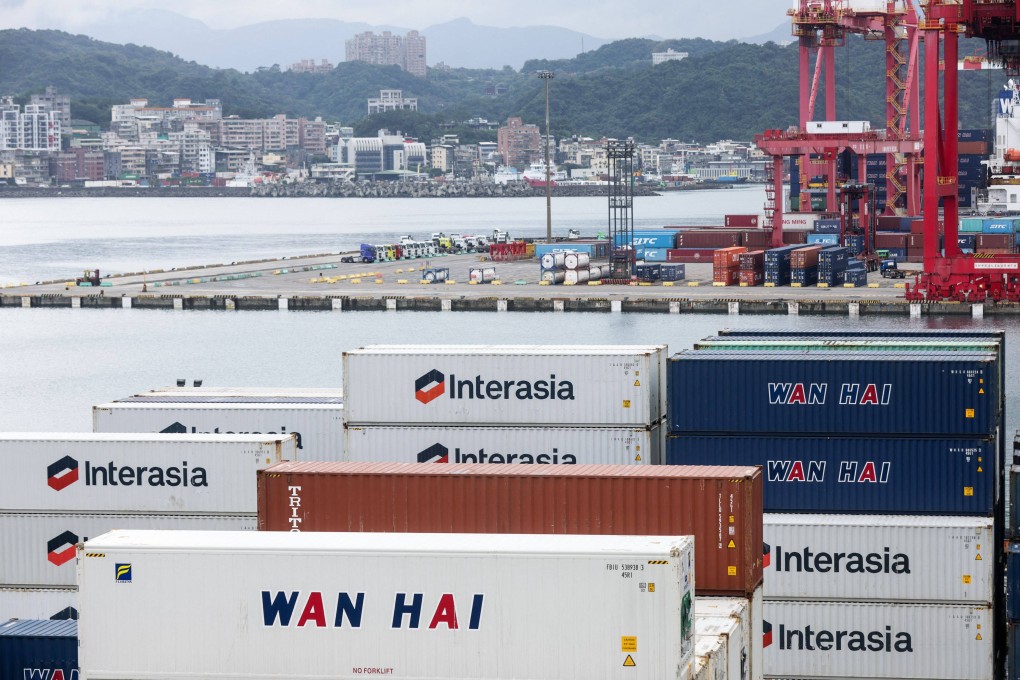Advertisement
Taiwan export orders plunge 16% as global inflation fears outpace rising demand for AI gear
- December was not kind to manufacturers in the global tech hub of Taiwan, whose economy relies on the production of critical consumer electronics
- And for all of 2023, Taiwan’s export orders lost 15.9 per cent compared with 2022 and reached US$561 billion
Reading Time:3 minutes
Why you can trust SCMP
3

Global tech powerhouse Taiwan has reported a steep monthly decline in export orders amid stubborn inflation in key parts of the world, despite growing demand for AI-related gear.
Orders for Taiwan’s exports in December fell by 16 per cent, year on year, to US$43.81 billion, the Ministry of Economic Affairs said on Monday.
The island that relies economically on the production of tech hardware – and that is often seen as a barometer for the global health of consumer electronics – had reported 14 straight months of export order declines before the figure edged up by 1 per cent in November.
Major world central banks are unlikely to lower interest rates in the first two to three months of 2024 because of lingering inflation, said Darson Chiu, a research fellow with the Taiwan Institute of Economic Research. Inflation over the past two years has dampened consumption in the West.
The US Federal Reserve is eyeing 2.4 per cent inflation this year before it eases to 2.2 per cent next year.
Advertisement